In recent days, public opinion has been very heated about the Draft Decree regulating the mechanism to encourage the development of solar power installed in homes, offices, and industrial parks.
The incident attracted great public attention, not only because the electricity-related policies will affect the immediate interests of people and businesses, but also because the news stories of just a few lines were intentionally cut and pasted to attract likes, views, and stimulate readers' curiosity.
News articles like “buying electricity at 0 VND to prevent… profiteering”, “Ministry of Industry and Trade demands to buy electricity from people at 0 VND and then resell it for profit”…
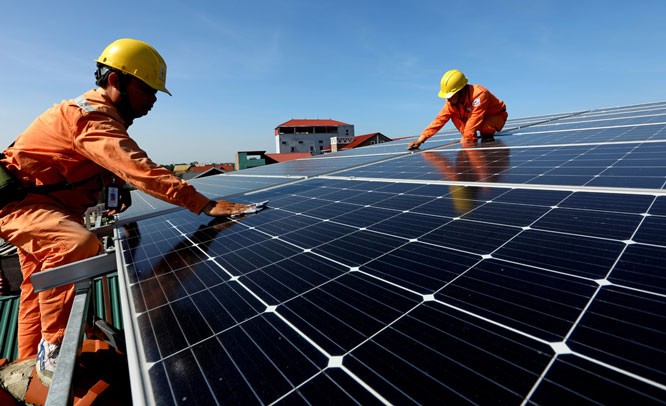 |
| Solar power depends heavily on weather factors and is unstable. |
The phrase “buying electricity at zero dong” sounds very inconsistent with the market rules. At first, I also felt that way, but when I learned more, listened to the analysis of experts and representatives of state management agencies, I realized that I was wrong because of this lack of understanding.
Things, really, are not as I first thought!
To thoroughly explain the electricity management work from a technical perspective and the regulations, as well as the new points in the above draft decree, it is necessary to understand it systematically.
So, to make it easier to visualize, let's imagine the electrical circuit system as a network of roads, to transport goods from the place of production to the place of consumption.
But there is a difference in that the goods here are electricity - a special type of goods with specific characteristics, a business item with conditions that are different from other common goods such as vegetables, tubers, fruits, meat, fish that can be easily preserved, frozen, and taken out for use when needed.
According to the classification of traffic works, we have expressways, national roads, provincial roads, inter-district roads, inter-commune roads, urban roads, etc. Each traffic work will have a different design and different criteria. And, our power transmission network is also similar.
Every day, every hour, 24/7, electricity will be transmitted stably from power plants to customers using electricity to operate machinery and equipment serving production and business activities.
This source of electricity is mainly from coal, gas, and hydroelectricity, and we can regulate the output. For example, with hydroelectricity, when we want to increase the output, we open the water release valve, when we want to reduce the mobilization, we close it.
While solar power depends largely on weather factors. The sunnier the weather, the more electricity is produced, and when it is cloudy, the electricity production decreases.
And currently, we do not have/have not invested in a solar power storage system to be able to store excess electricity, ensuring that when electricity output drops, the stored electricity will be used.
Therefore, the Power Plan VIII approved by the Prime Minister and the draft decree being consulted clearly define self-produced and self-consumed rooftop solar power; that is, prioritizing and encouraging the development of wind power, self-produced and self-consumed solar power, including rooftop solar power of people and construction works, solar power at production and business establishments, consumed on-site, not connected to or not selling electricity to the national grid.
Because this is an unstable source of electricity, if people invest indiscriminately, when there is a surplus, they will send it to the grid to sell to the government, and when there is a shortage, they will use the grid to use electricity, which will lose stability and risk "disintegration of the grid", causing insecurity of the national power system, affecting the activities of the people and businesses.
Therefore, the policy is very correct in encouraging the development of rooftop solar power to ensure use and not connect to the grid; the case of connecting to the grid needs to be limited. This is the answer to the question of why the Ministry of Industry and Trade only records the surplus electricity output sent to the grid at a price of 0 VND, or in a common way with market factors, "buying electricity at a price of 0 VND".
Regarding the issue of preventing policy profiteering, we must mention the huge incentives when developing self-produced and self-consumed rooftop solar power. According to the draft decree, when developing this type, organizations receive many incentives, such as: Exemption from electricity operating licenses; construction works with self-produced and self-consumed rooftop solar power installations do not have to make adjustments or supplement energy land and functions according to the provisions of law; priority is given to resolving records and procedures, etc.
Meanwhile, if rooftop solar power is developed not for self-production and self-consumption but for business and trading, it must comply with the provisions of the Law on Planning, the Law on Electricity, the Law on Construction, etc. and a number of other specialized legal regulations.
Therefore, if there is no solution, it will lead to a situation of massive solar power development, breaking the planning. And the people who benefit from the policy here are most likely not the people who install solar power equipment to supply the surplus to the grid, but the manufacturers, traders, and suppliers of solar power equipment products will have a huge market with millions of customers.
Who knows, they might be the "authors" behind the news that is cut, inaccurate, and distorts the nature of a correct policy, a policy that aims at good, sustainable values, for the common good of the whole society.
Source


![[Photo] Prime Minister Pham Minh Chinh chairs conference on anti-smuggling, trade fraud, and counterfeit goods](https://vphoto.vietnam.vn/thumb/1200x675/vietnam/resource/IMAGE/2025/5/14/6cd67667e99e4248b7d4f587fd21e37c)







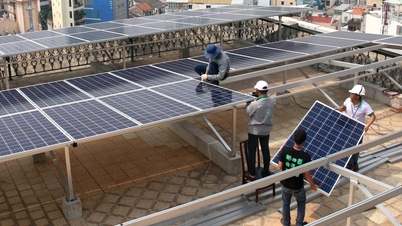



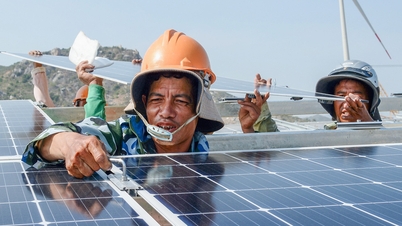
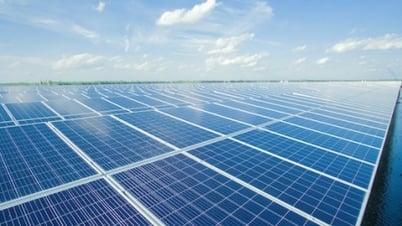
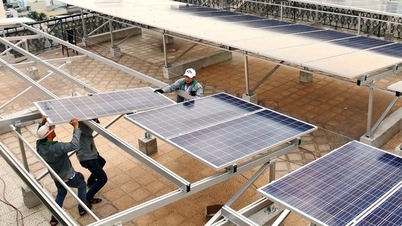
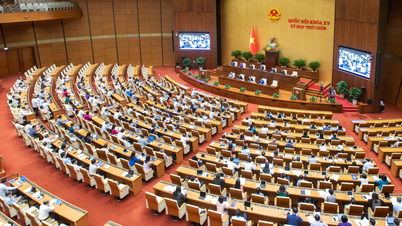




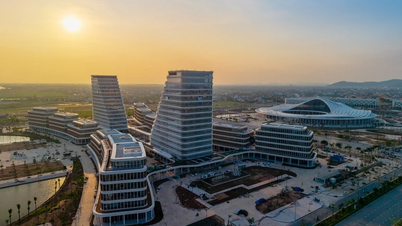










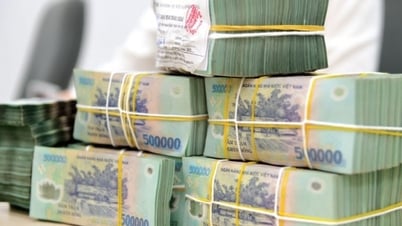
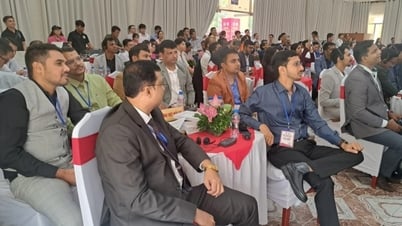
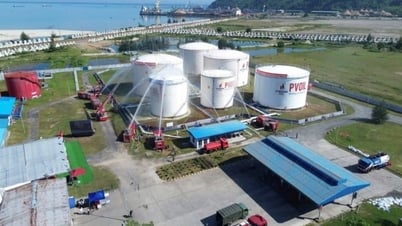

































































Comment (0)